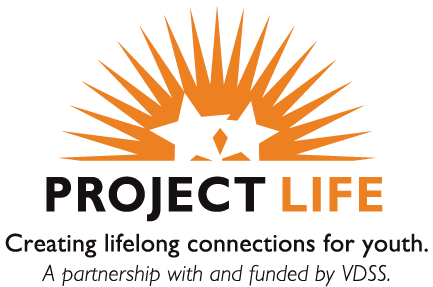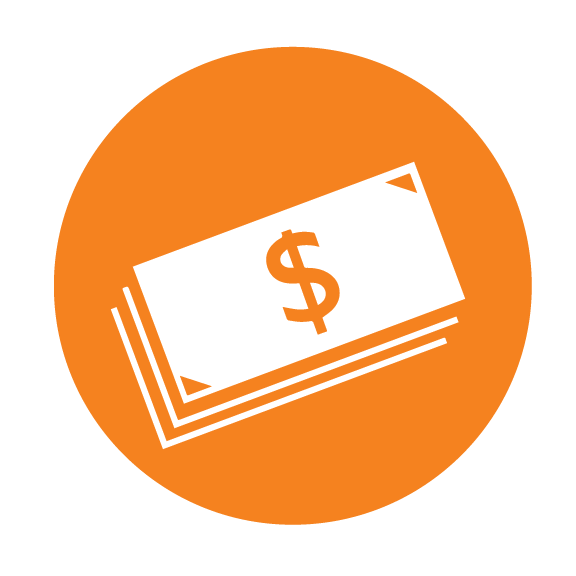MONEY MANAGEMENT
It takes time to save the money needed to start living independently – first and last month’s rent, deposits for utilities and books for school all cost money. It is important to be able to cover these costs to meet goals and avoid undesirable outcomes such as homelessness. In other words, we need to start building their own safety net, sooner rather than later.
Budgeting
What do I need a budget for?
Money can buy things now or it can be saved for bigger things. We think of money in terms of their immediate, short-term and long-term goals. Think about what you can buy for $100 and what you could buy if you saved that $100 until you had $200. You need to determine if immediate gratification is worth the loss of the future benefit.
Determine your most important goals: college, an apartment of their own, a car? Saving small amounts can eventually add up to a new cell phone, a great pair of shoes or the security deposit on that apartment.
Investing vs. Saving
Once you have a plan of saving for long-term goals, you many may be interested in making your savings grow faster. If you learn to wisely invest the money you are saving, you may be able to reach your goals sooner such as putting money into a Certificate of Deposit rather than a non-interest savings account.
As you save larger sums, you may consider investing money. Make sure you understand that financial advisors often base their recommendations on the advisor’s commission rather than your best interest and be wary of investing in get-rich-quick schemes. If the opportunity seems too good to be true, it probably is.





